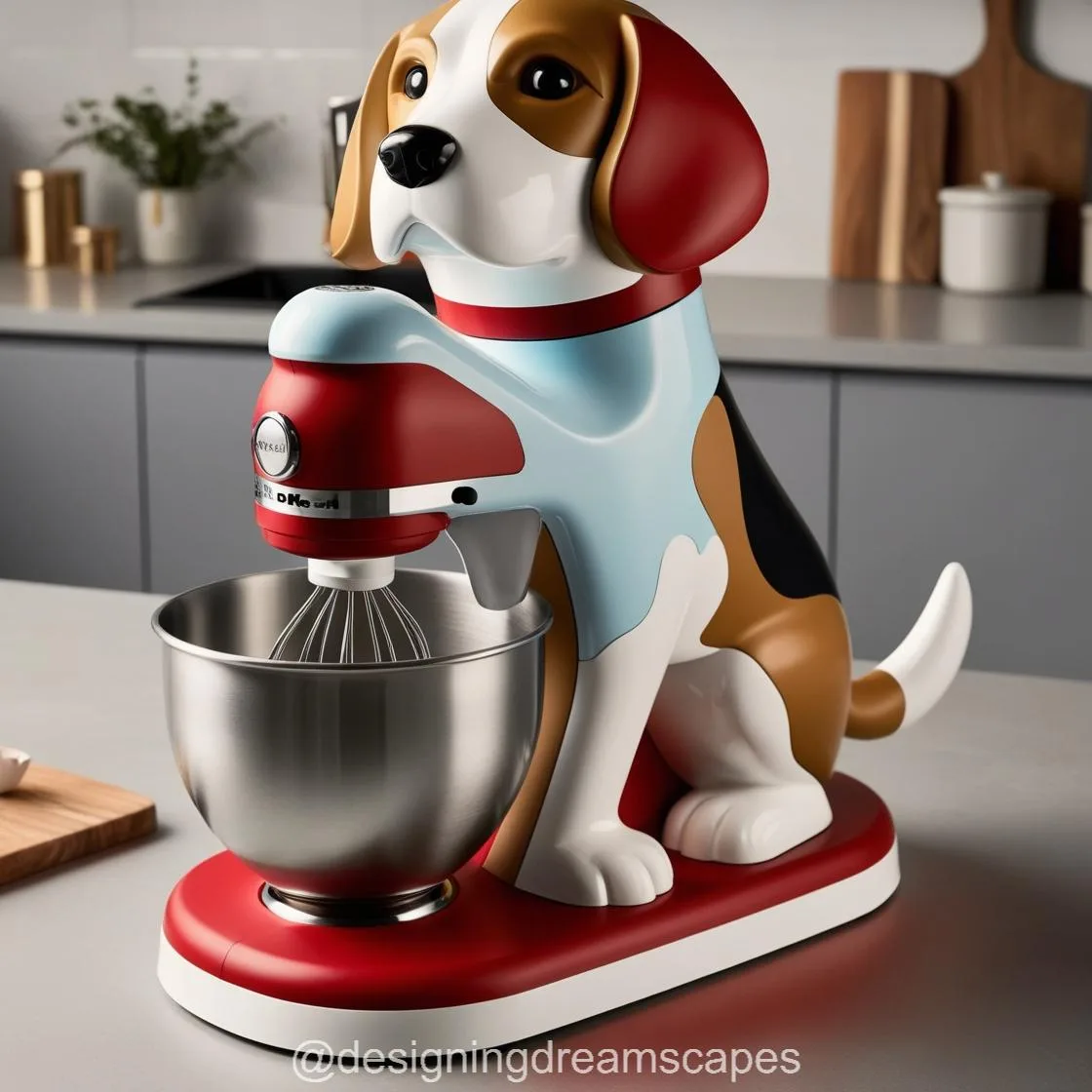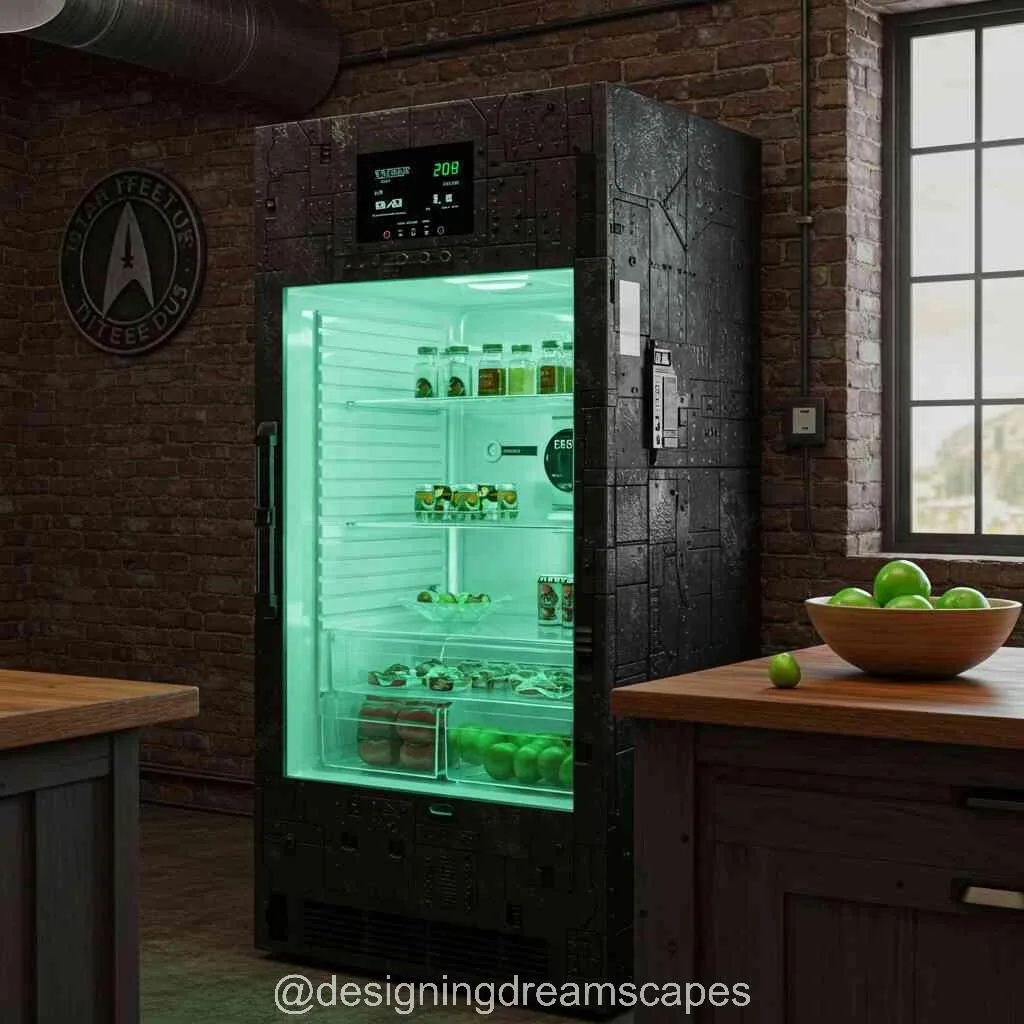When it comes to ensuring that your dog lives a long, healthy, and happy life, nutrition is one of the most important factors to consider. While high-quality dog food is essential, many pet owners are now turning to dog mixers as a way to enhance their pet’s diet. Dog mixers are specially formulated ingredients that are added to your dog’s food, providing a nutritional boost and offering various health benefits. Whether you’re looking to improve your dog’s digestion, boost their energy, or maintain a shiny coat, the right dog mixer can make all the difference.

This comprehensive guide will explore the world of dog mixers—what they are, why they are important, the types available, and how to choose the best one for your furry friend. If you are looking for ways to improve your pup’s overall health and well-being, read on for everything you need to know about dog mixers.
What are Dog Mixers?
Dog mixers are supplementary products that can be added to your dog’s primary food to enhance its nutritional value. These mixers come in various forms, such as dry powders, wet foods, or freeze-dried options, and they are typically packed with vitamins, minerals, proteins, and other essential nutrients that may not be present in your dog’s regular meals. Dog mixers are designed to complement and boost the existing nutritional profile of your dog’s food, offering a more balanced and varied diet.
These mixers often feature natural ingredients like fruits, vegetables, proteins, and grains, ensuring that your dog receives the best quality nutrients. Some mixers are also designed to address specific health concerns, such as joint health, digestive issues, or skin problems.

Why Are Dog Mixers Important?
Dog mixers play a significant role in enhancing your dog’s overall health and quality of life. Here are several reasons why they should be considered an essential part of your pet’s diet:
- Improved Digestive Health
Many dog mixers contain probiotics, fiber, and digestive enzymes that support a healthy digestive system. Regular use of these mixers can help alleviate issues such as constipation, diarrhea, or bloating. By adding a dog mixer to your pup’s meals, you can improve nutrient absorption and promote a healthy gut, which is vital for their overall well-being. - Boosted Nutrient Intake
Even with a balanced commercial dog food diet, some essential nutrients might be lacking or insufficient. Dog mixers can fill in these gaps, providing extra vitamins, minerals, and antioxidants that are beneficial for your dog’s immune system, energy levels, and longevity. - Enhanced Coat and Skin Health
Many mixers contain omega-3 fatty acids, vitamins, and other nutrients that promote a shiny coat and healthy skin. If your dog suffers from dry, itchy skin or shedding, a mixer can help boost the health of their skin and coat. Regular supplementation with the right dog mixer can prevent hair loss, reduce dandruff, and keep your dog feeling comfortable. - Joint and Bone Support
Some dog mixers are specially designed to support joint and bone health, particularly in senior dogs or breeds prone to joint issues. Ingredients such as glucosamine, chondroitin, and omega fatty acids can help maintain healthy joints, improve mobility, and reduce the risk of arthritis. - Weight Management
If your dog struggles with weight management, certain mixers can help by providing low-calorie options or high-protein alternatives to support lean muscle development. These mixers can aid in controlling appetite and promoting a healthy weight by enhancing the nutritional value of meals without adding excess calories.
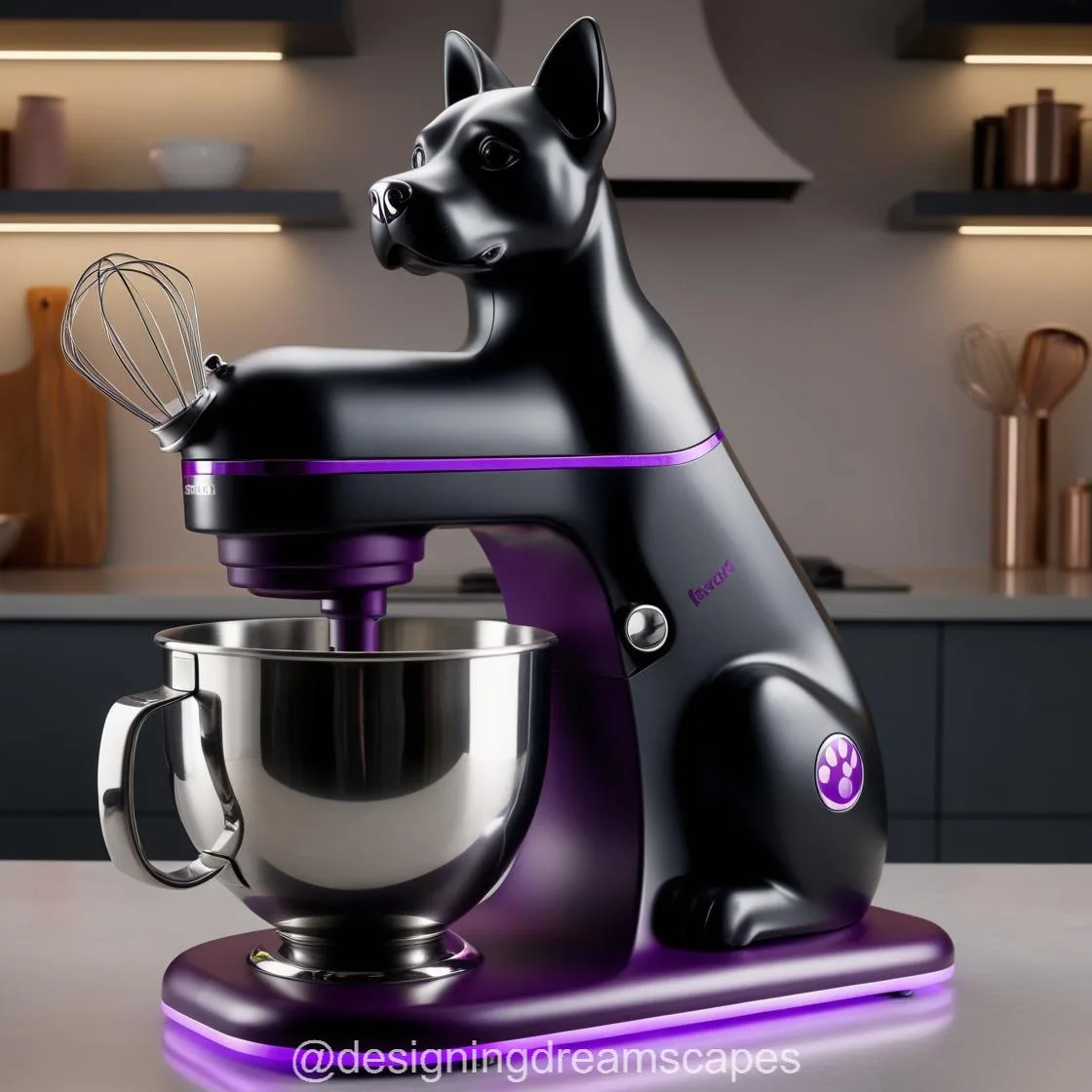
Types of Dog Mixers
Dog mixers come in a wide range of types, catering to different needs, preferences, and dietary restrictions. Here’s a breakdown of the most common types:
- Dry Mixers
Dry dog mixers are typically powders or kibble-like pieces that are mixed into your dog’s food. These are easy to store and have a longer shelf life compared to wet mixers. Dry mixers can be added to your dog’s existing food to enhance its taste, texture, and nutritional value. - Wet Mixers
Wet dog mixers are often canned or pouch-form products with a high moisture content. They are ideal for dogs who need extra hydration or have difficulty eating dry food. Wet mixers usually come in a variety of flavors, including meats like chicken, beef, or fish, and can be served as a meal topper or mixed into dry food. - Freeze-Dried Mixers
Freeze-dried mixers are made by removing the moisture from ingredients while preserving their nutrients. These mixers typically come in the form of dried meat or vegetable pieces that can be rehydrated with water before serving. Freeze-dried mixers are a convenient option, offering high-quality, natural ingredients with minimal processing. - Raw Mixers
Raw dog mixers are made from fresh, uncooked ingredients that are often blended into a frozen product. These mixers typically feature raw meat, vegetables, and fruits and are designed to mimic a natural, ancestral diet. Raw mixers are packed with nutrients, enzymes, and healthy fats, providing your dog with a more holistic, natural diet. - Specialized Health Mixers
There are also mixers formulated for specific health conditions, such as joint health, skin and coat health, or digestive issues. These specialized mixers often contain therapeutic ingredients like glucosamine for joints, omega-3s for skin, or fiber for digestion. These products are excellent for dogs with specific health concerns or aging dogs.
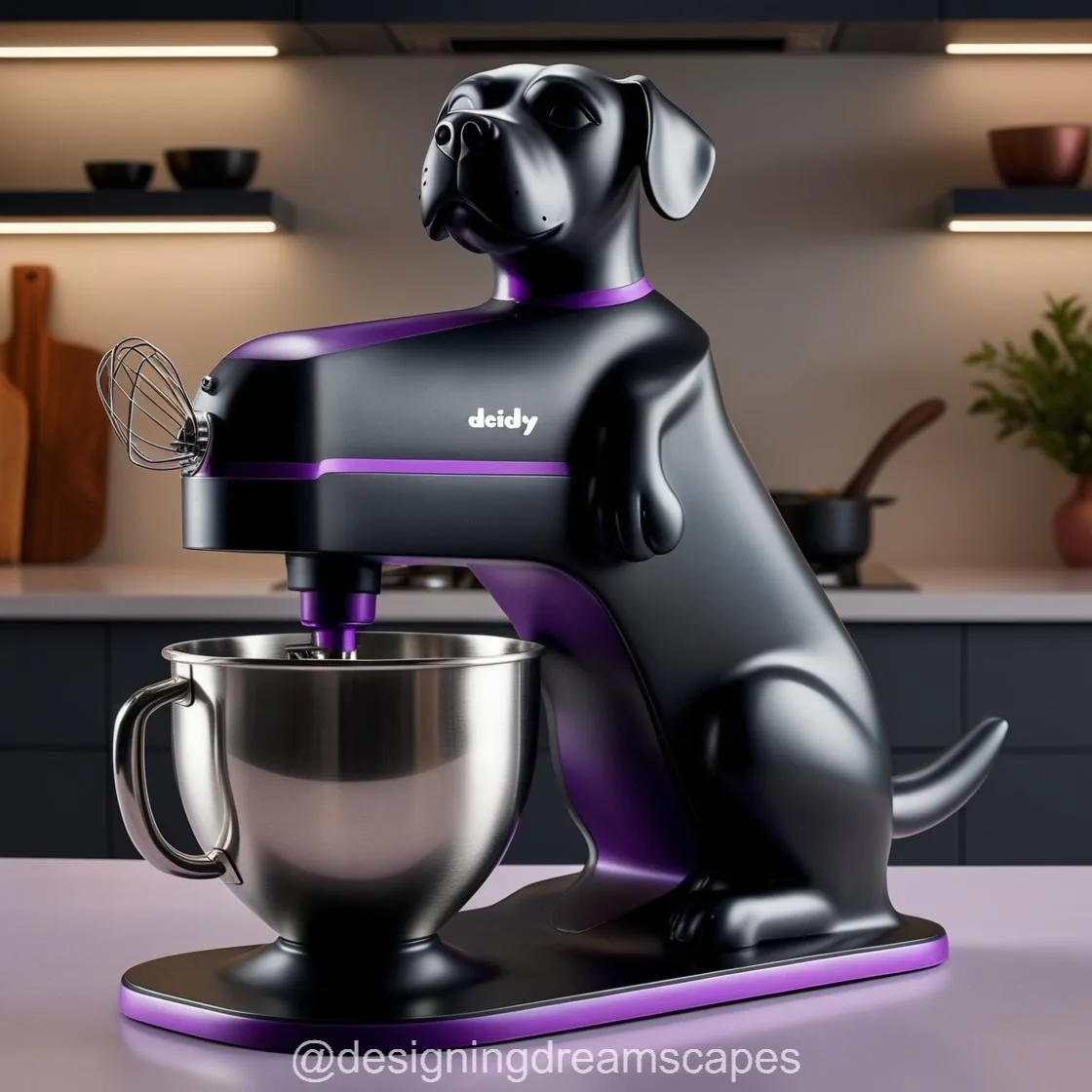
How to Choose the Best Dog Mixer for Your Pup
With so many options available, it’s important to choose the right dog mixer based on your dog’s individual needs. Here are a few factors to consider when selecting a dog mixer:
- Health Conditions
If your dog suffers from specific health issues, look for a mixer that addresses these concerns. For example, if your dog has joint problems, look for a mixer with glucosamine and chondroitin. If your dog has sensitive skin or allergies, consider a mixer with omega-3 fatty acids and natural anti-inflammatory ingredients like turmeric. - Age and Size of Your Dog
Different dogs have different nutritional needs based on their age and size. Puppies may need more protein and energy, while senior dogs may benefit from joint support and lower-calorie options. Small breeds and large breeds also have different energy and nutrient requirements, so choose a mixer that’s appropriate for your dog’s size and stage of life. - Ingredient Quality
The quality of ingredients is key to choosing a high-quality dog mixer. Look for natural, whole-food ingredients and avoid products with artificial preservatives, colors, and fillers. High-quality mixers will feature real meats, vegetables, and fruits, providing your dog with the best nutrients possible. - Dietary Restrictions
If your dog has food sensitivities or allergies, select a mixer that caters to these dietary needs. Many brands offer grain-free, gluten-free, or hypoallergenic options that can help prevent adverse reactions. - Taste and Texture
Some dogs are picky eaters, so it’s important to choose a mixer that appeals to your dog’s tastes and preferences. Try different flavors and textures to see what your dog enjoys most. Some dogs may prefer a wet mixer with chicken flavor, while others may like the crunch of a dry mixer.

How to Incorporate Dog Mixers Into Your Dog’s Diet
Integrating dog mixers into your dog’s diet is a simple process, but it’s essential to do it correctly to ensure your dog reaps the full benefits. Here’s how to add mixers to your dog’s meals:
- Start Slowly
When introducing a new mixer, start by adding a small amount to your dog’s food and gradually increase the portion size over time. This helps prevent digestive upset and allows your dog to adjust to the new flavors and textures. - Follow the Recommended Serving Size
Dog mixers usually come with guidelines for how much to serve based on your dog’s size, age, and health. Be sure to follow these recommendations to avoid overfeeding or underfeeding your dog. - Monitor Your Dog’s Health
As you introduce a new mixer into your dog’s diet, monitor their health and behavior closely. Look for signs of improved digestion, energy, and coat health. If you notice any negative reactions such as vomiting, diarrhea, or lethargy, discontinue use and consult your veterinarian. - Mix it with Their Regular Food
Dog mixers are typically meant to be mixed with your dog’s regular food. You can either mix the dry mixers with wet food or add wet mixers on top of dry food. This adds variety to your dog’s meals and keeps them interested in their food.
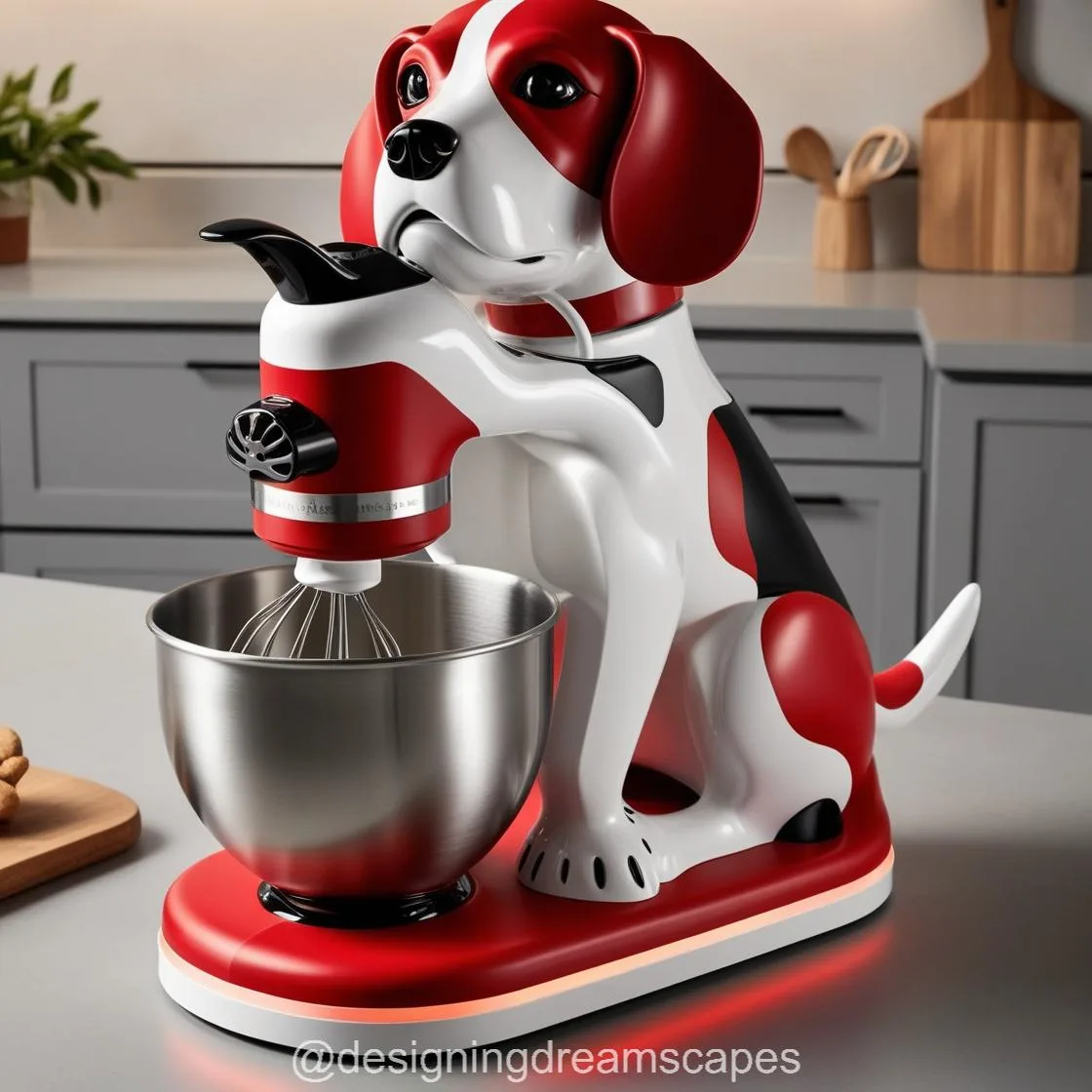
Conclusion
Dog mixers are an excellent way to enhance your pet’s nutrition and provide them with the extra vitamins, minerals, and nutrients they need for optimal health. From boosting digestion to supporting joint health and promoting a shiny coat, dog mixers offer a simple yet effective way to ensure your dog is living their best life. By choosing the right mixer for your dog’s unique needs and incorporating it into their diet, you can help them thrive and enjoy a longer, healthier life.
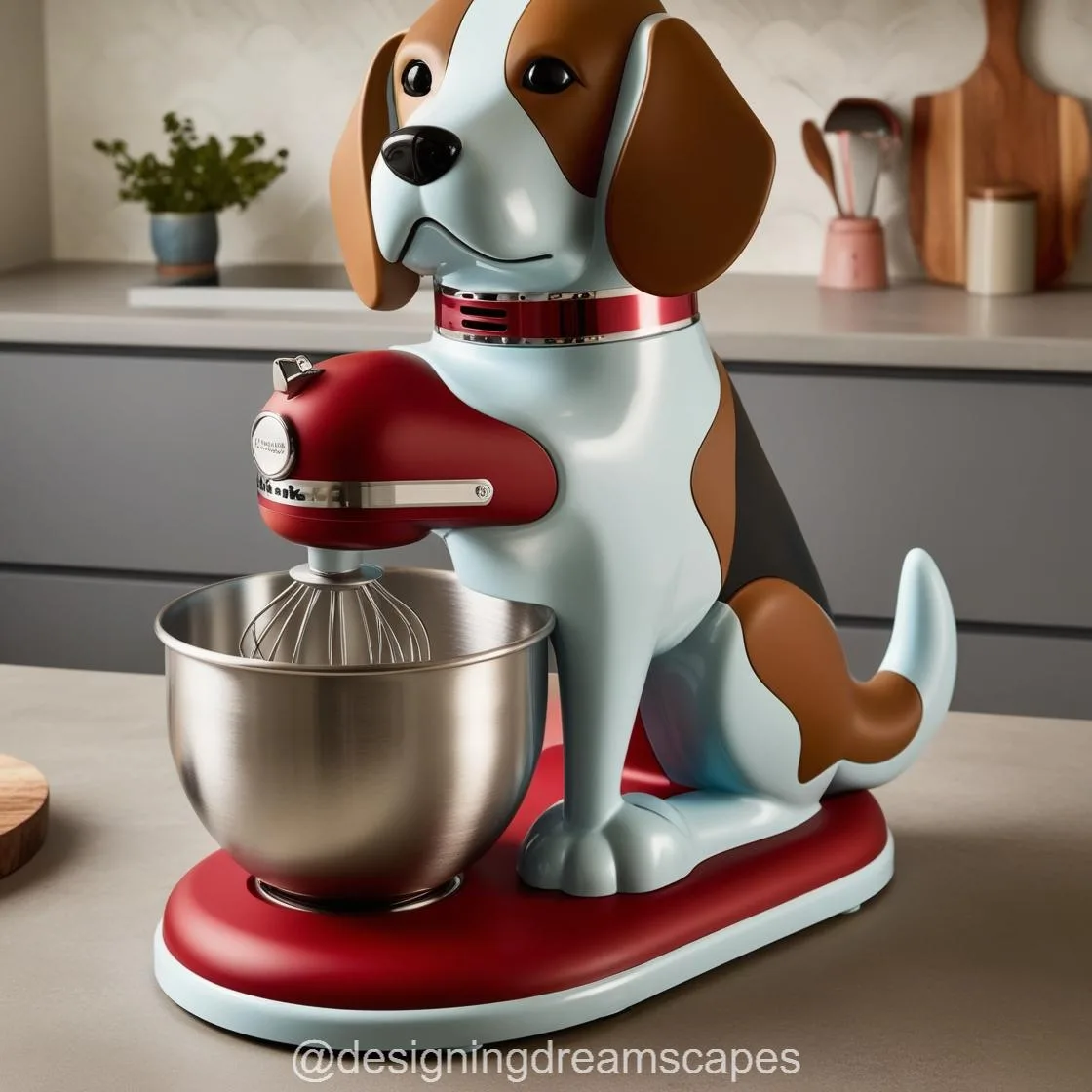
Remember, when choosing a dog mixer, always consider your pet’s age, size, health conditions, and preferences. With so many options available, you can find the perfect blend for your pup’s health and happiness. Happy feeding!

